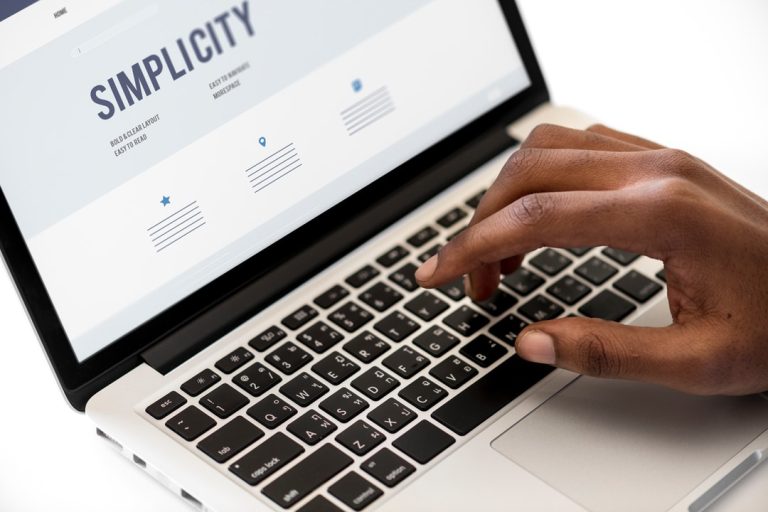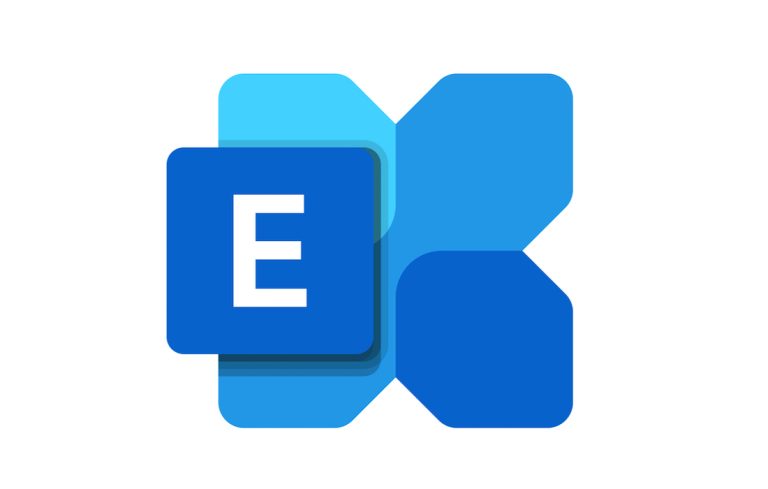6 Debt Consolidation Mistakes and How to Avoid Them
Debt consolidation enables people to overcome their debts as long as a solid plan is in place. Getting out of debt is a detailed process, and mistakes may happen along the way if you aren’t cautious. Below is a list of debt consolidation mistakes and ways you can avoid them.
1. Trying to Repay Your Debt Alone
Repaying a debt consolidation loan on your own may take longer. All you need is to request a little help if you experience problems clearing the debt. Some people fail to notify their relatives and friends when they are unable to raise funds to clear the loan. You can secure confidential help from nonprofit credit counseling experts for debt management programs, debt settlement, and credit consolidation. Certified counselors from Symple Lending assist you in formulating a budget and with advice on how to stay debt free.
2. Not Devising a Realistic Budget
Clearing a debt requires a solid plan to ensure you remain in control of your cash flows. You should craft a practical budget that addresses necessities like food, housing, health care, transportation, education, and insurance. Experts at Symple Lending recommend the creation of adequate room for clearing your debt by minimizing the amount you spend on movies, electronic gizmos, leather boots, and dining out.
3. Not Modifying Your Spending Routine
People who go shopping without a list end up spending more than those who have a shopping list. Such routines seem to make your life cool, convenient, and comfortable but also allow your money to leak uncontrollably from your account. People who operate their wallets on autopilot should make a shopping list and stick with it and find cheaper alternatives if they have to shop daily. The approach allows you to track your spending, turn off the autopilot, and turn on the savings.
4. Enrolling in an Unauthorized Debt Relief Program
Debt relief programs get many people out of debt, provided they follow the right channels. You should, however, be wary of debt relief scammers who charge excessive fees and those with unrealistic promises. You can assess whether a debt relief company is legit by visiting a local state lawyer’s office or the Better Business Bureau website. You can also contact universities, credit unions, and military organizations for recommendations.
5. Closing Paid-Off Accounts
Once you clear your debt consolidation loan, you may want to close the account as a way of celebrating your cleared debt. You should, however, avoid closing the account, as keeping unused credit cards open is highly recommended. Credit scoring models use such credit cards to reward clients for utilizing a small chunk of their credit limit. Make sure to assess the annual fee of your credit card and keep those with minimal fees.
6. Not Focusing on Your Debt
Unlike the federal government, citizens can’t accumulate debts without the possibility of becoming bankrupt. The interest rates associated with debt widen the financial hole if you ignore it. Make sure to focus your efforts on the solution and the problem by writing down those debts that you need to get rid of. The simplest solution is drafting a plan, formulating a budget, and sticking with it in the long run. You can also consolidate your debt into a single monthly payment with the help of a debt management program.
Debt consolidation helps simplify your debts by making the repayment process cheaper and easier. Make sure to seek help from a seasoned credit counselor to minimize the mistakes that may occur along the way.






